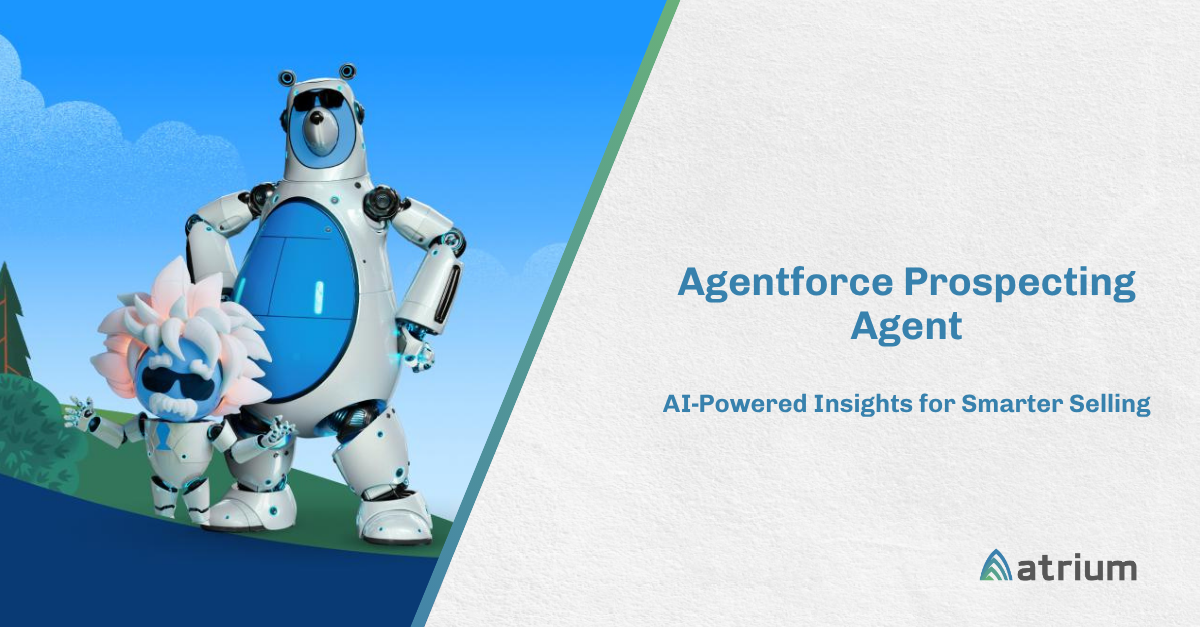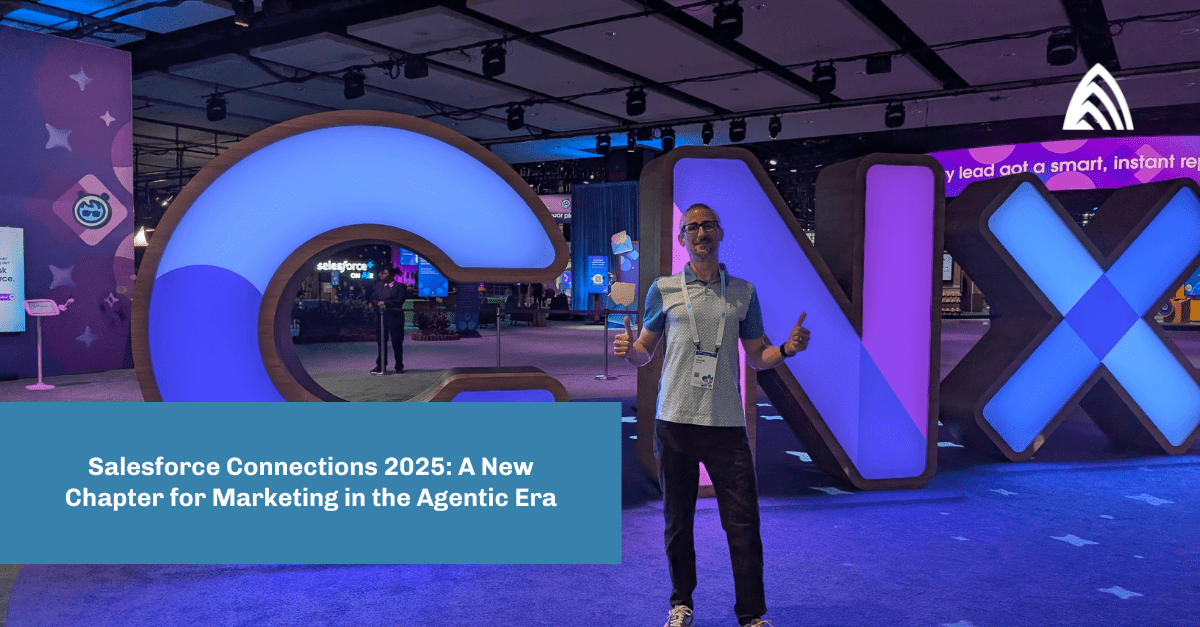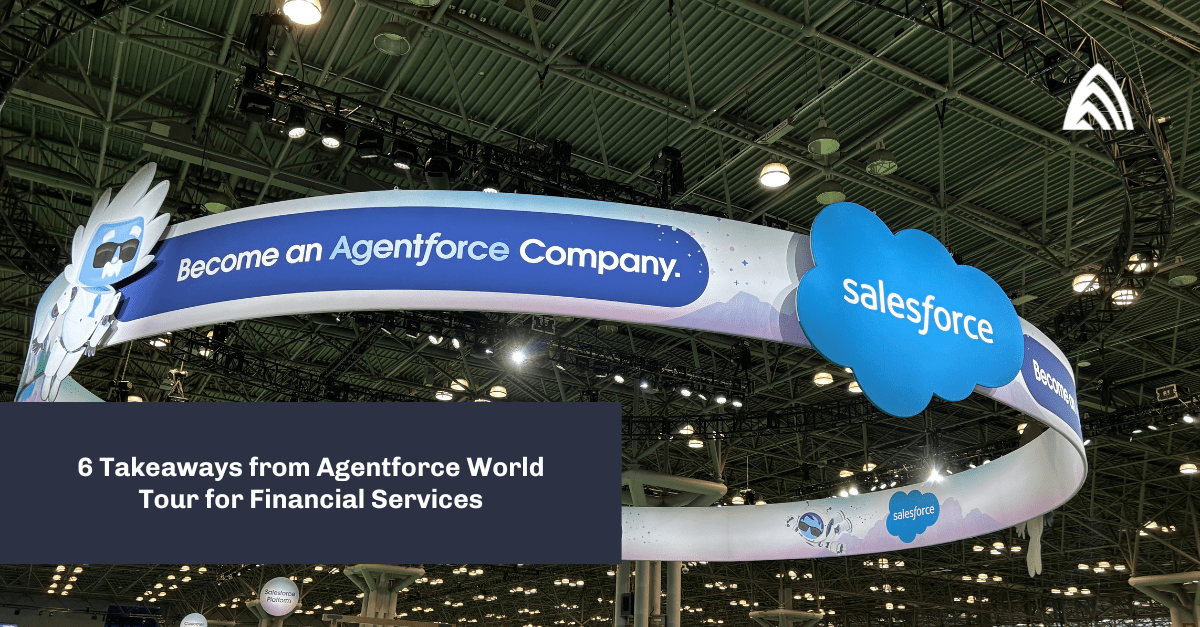Modern enterprise organizations are continuing to adapt data science solutions in multi-cloud environments, driving the importance of the ability to seamlessly integrate data across environments in a simple and secure way. In many of these organizations, sales representatives, support services, and marketing experts spend the majority of their time within a cloud-based Customer Relationship Management (CRM) system where they monitor leads and sales opportunities, track support cases to successful resolution, check on customer health, collaborate on forecasts, and more. Augmenting these users with enhanced, tailored insights from advanced predictive models has the potential to increase productivity, drive efficiency, and improve user experience.
Historically, providing these data-driven insights has required extract-transform-load (ETL) jobs between systems, resulting in additional management of middleware tools, system connectors, and application programming interfaces. Being able to provide these insights directly into the CRM in an easy, secure fashion without managing API calls alleviates the technical burden in developing this integration. Using Salesforce and Amazon Web Services (AWS) AppFlow, this can be accomplished with minimal technical burden.
What is Amazon Web Services?
AWS is the most widely adopted Infrastructure as a Service (IaaS) platform. According to data published by Gartner, AWS owns nearly half of the public cloud infrastructure market. Using AWS, companies can rapidly deploy a wide variety of secure Infrastructure Technology (IT) solutions on a global scale in a matter of minutes. AWS is available on a global scale, and with over 200 services across databases, networking, computing, analytics, machine learning, and more, almost any IT solution can be built and deployed around the world using AWS. In the machine learning (ML) space, AWS offers highly flexible data science offerings, allowing enterprises to develop customizable ML solutions at production-level reliability and scalability.
What is Salesforce?
Salesforce is a leading customer relationship management (CRM) platform, with products designed across a range of uses (service, sales, and marketing based) and verticals (including consumer goods, finance, and healthcare). From the Salesforce website,
“Salesforce is the world’s #1 customer relationship management (CRM) platform. We help your marketing, sales, commerce, service and IT teams work as one from anywhere — so you can keep your customers happy everywhere.”
What is AppFlow?
AppFlow is a service offering from AWS that allows the transfer of data between SaaS applications (such as Salesforce, Marketo, Slack, and ServiceNow) and AWS (S3 and Redshift). AppFlow manages all of the API calls, and can be set up so that all information does not traverse the public internet through the integration with AWS PrivateLink.
Salesforce has a unique integration with AppFlow as it is the only SaaS application (as of 4/5/2021) that can act as both a source and destination. This allows for data within Salesforce to flow into your AWS infrastructure, become enriched with additional external data, and enter as input into advanced machine learning (ML) models using the suite of SageMaker products. Results and predictions can then flow back into Salesforce to be used natively by end-users in their familiar CRM environment. The data can be transferred on a specific cadence, in response to a particular business event, or on demand.
Use Cases for Appflow
There are many use cases where AppFlow can be leveraged. Existing data lakes and warehouses on AWS can be augmented with data from a variety of SaaS applications to get a better 360 view of customers and products. Inexpensive data lakes of snapshot Salesforce data into AWS S3 can be set up in a few clicks, allowing analysis of historical data over time.
Another notable product of AWS is the suite of SageMaker tools, a fully managed service for training, assessing, and deploying ML models at production scale. Using AppFlow combined with SageMaker, Salesforce data can be augmented with predictions and insights from advanced data science solutions. Some of these use cases include:
- Build advanced time series models, clustering, highly-customized regression models, unsupervised methods, and deep-learning approaches,
- Create customized prescriptions and recommendations tailored to the specific use case and needs of end-users,
- Leverage high-level managed solutions such as Personalize, TextTract, Comprehend, Forecast, and SageMaker autopilot to rapidly train and deploy ML models,
- Perform flexible Exploratory Data Analysis (EDA) securely in the cloud using programmatic data science tools such as R, Python, and Scala.
Pipelines of AWS services needed in the above use cases can be now automated using CloudFormation, an infrastructure as code service. This capability recently became a supported feature of AppFlow. This process can now be automated to export common Salesforce objects on a specified cadence and combine with additional pipelines from the full breadth of available AWS tools, creating a strong foundation for a mature MLOps pipeline.
Salesforce and AWS Support from Atrium
Using AppFlow to connect Salesforce and AWS allows for the best of both technologies. End-users can be provided with actionable and usable model insights natively within the CRM environment that they are accustomed to working in, while the results available within Salesforce can be enhanced by the flexible cloud infrastructure of AWS, providing advanced ML solutions and enhanced data availability. Atrium has partnered with both Salesforce and AWS in the AI/ML space and is uniquely positioned to address this problem, combining data science expertise and experience building solutions and understanding capabilities on both platforms.
Need help building customized ML solutions across Salesforce and AWS? Contact us and learn how we can enhance your intelligent experience journey!








